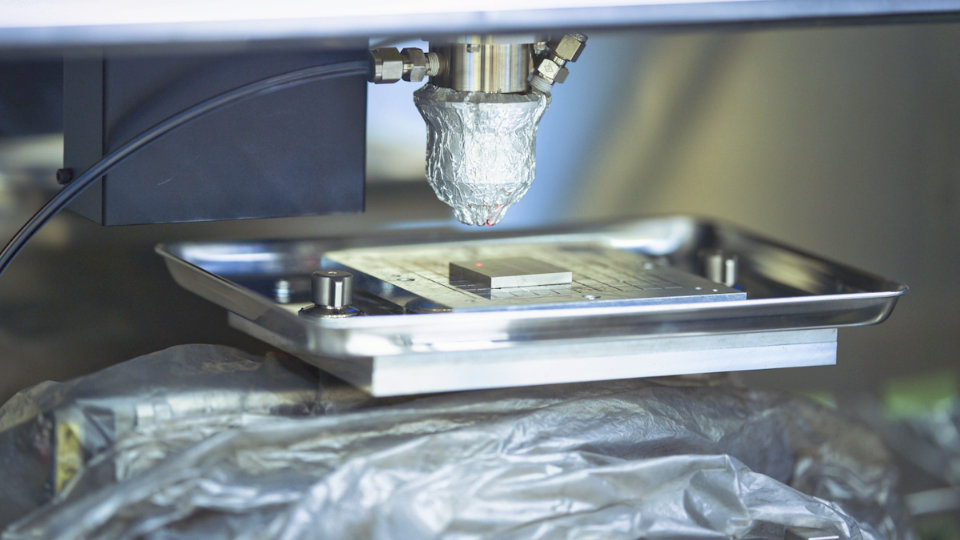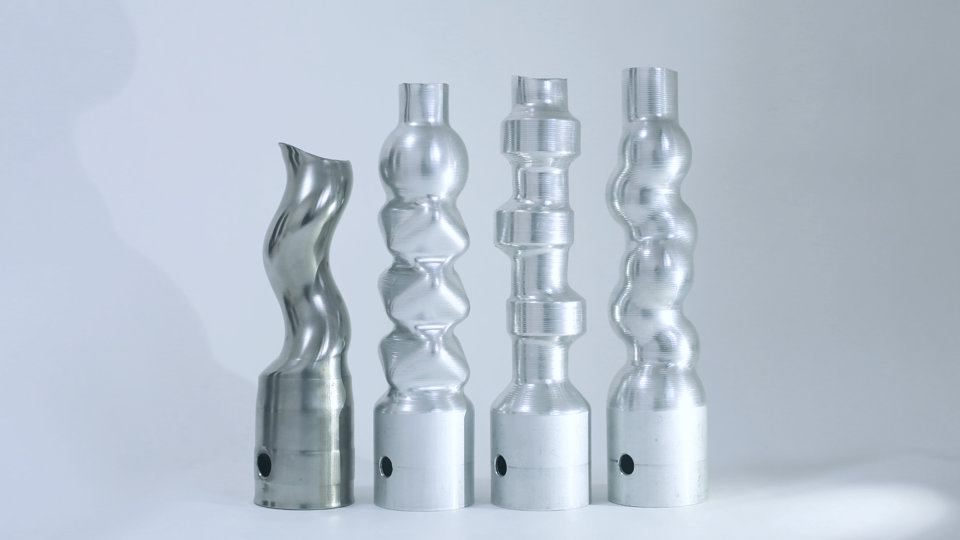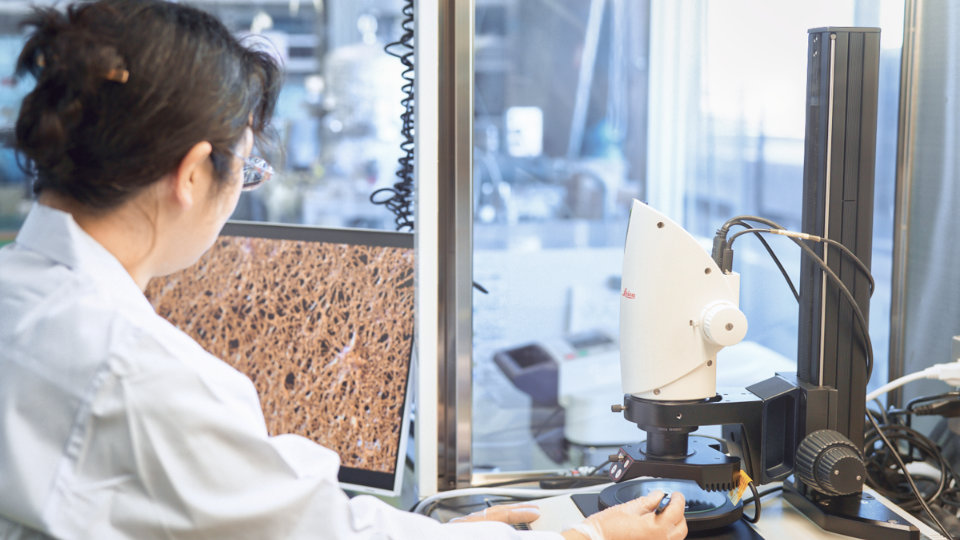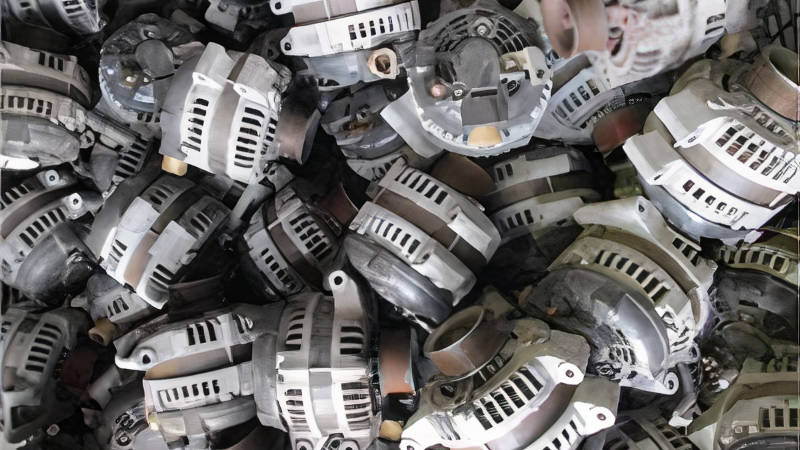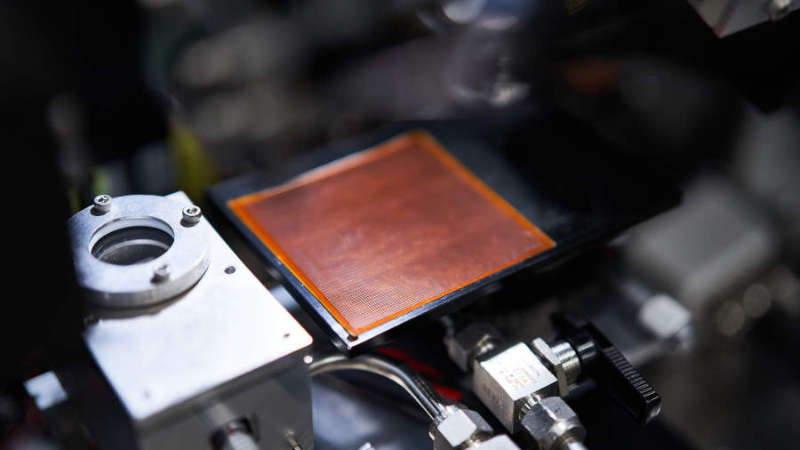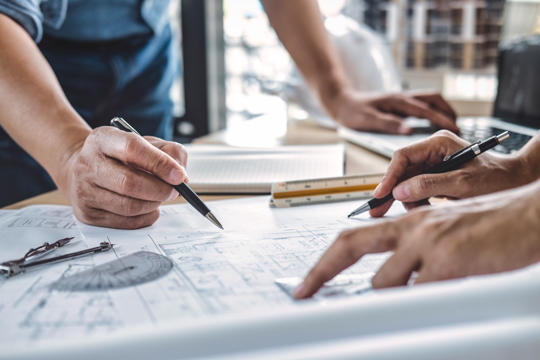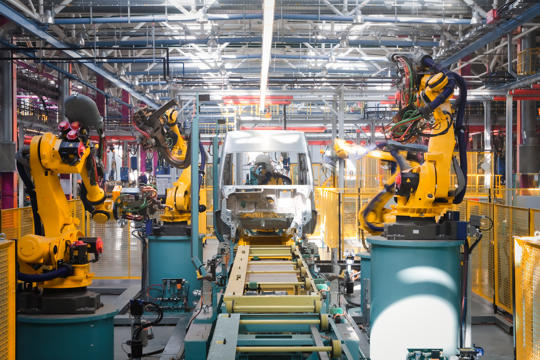About AMRI

The Advanced Manufacturing Research Institute (AMRI) of AIST has worked on research and development for MONOZUKURI (= manufacturing) technologies since 1937 as former Mechanical Engineering Laboratory by 2001, with responding to needs of industries. In the last decade, the concept of “smart manufacturing” with applying IoT technologies has become key to create new business opportunities with increasing productivity and also to succeed masters’ skills. However, we believe that the "manufacturing science" must be foundation of competence in MONOZUKURI. The cutting-edge manufacturing technologies would be established through scientific understanding of manufacturing processes and development of optimal process chain (consist of design, processing, and evaluation) that realizes requirement functions and higher values. And then, the latest information technologies such as IoT and AI should be applied for innovating novel manufacturing system to maximize value of products. We are data-scientists researching data-driven manufacturing technology, deepening collaboration with industry, and creation of innovative manufacturing technologies full of originalities and ingenuity.
Groups
-
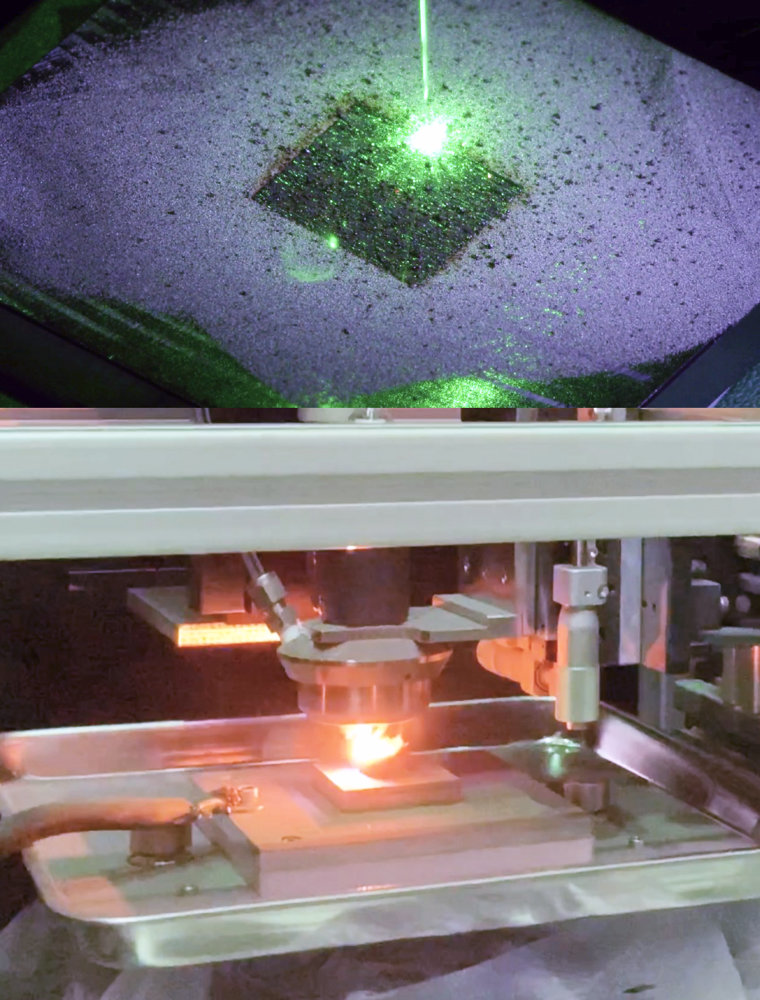 Additive Processes and Systems Group The Additive Processes and Systems Group conducts research and development on additive manufacturing (AM; metal 3D printing) and advanced manufacturing technologies. The AM research topics include: AM powder material processing, laser-based powder bed fusion (LB-PBF) AM, laser wire-feed AM, AM testing, and AM application development. The advanced manufacturing technology research covers the topics of: deep electrochemical etching with laser assistance (DEEL) machining, laser welding, spherical motor, remanufacturing, and smart manufacturing.
Additive Processes and Systems Group The Additive Processes and Systems Group conducts research and development on additive manufacturing (AM; metal 3D printing) and advanced manufacturing technologies. The AM research topics include: AM powder material processing, laser-based powder bed fusion (LB-PBF) AM, laser wire-feed AM, AM testing, and AM application development. The advanced manufacturing technology research covers the topics of: deep electrochemical etching with laser assistance (DEEL) machining, laser welding, spherical motor, remanufacturing, and smart manufacturing. -
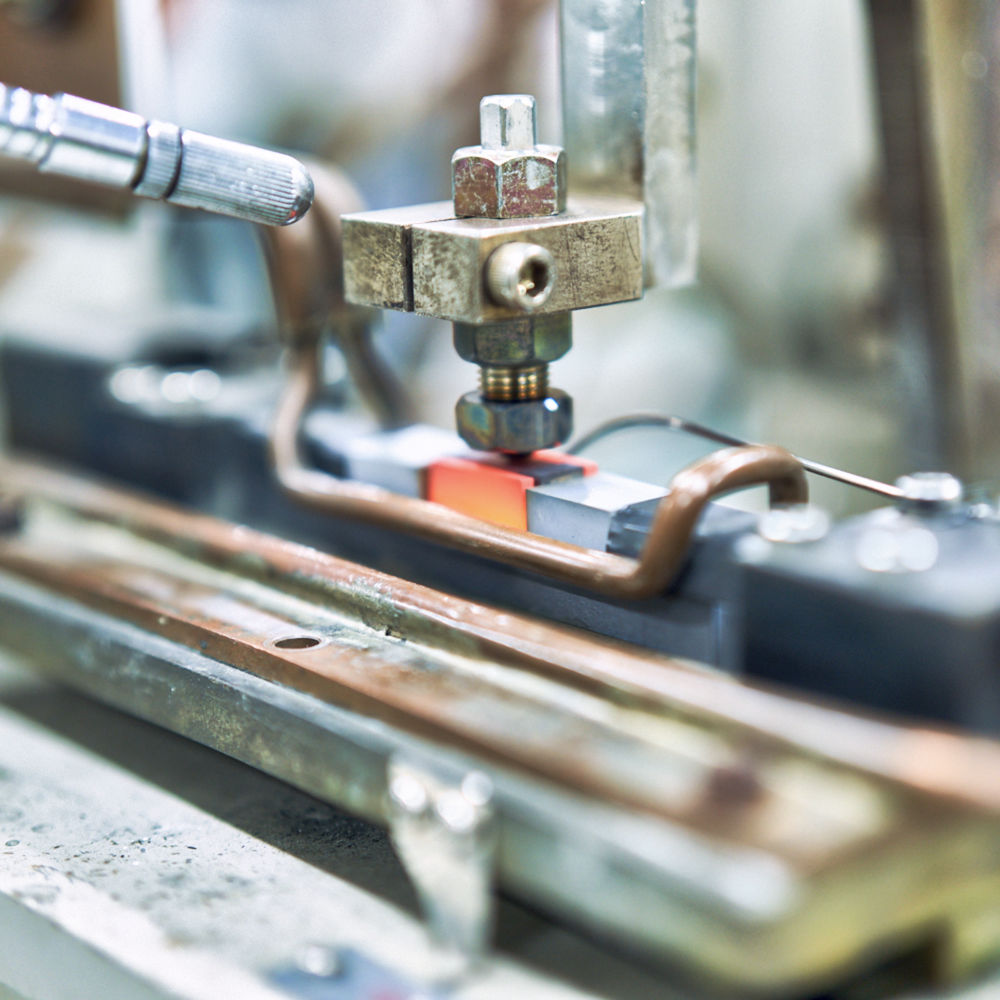 Tribology Group The Tribology Group conducts research and development to solve various problems related to friction, wear, and lubrication. The issues are important not only in industrial machineries, but also in transportation equipment, home applianeces, and even in products not related to machinery. We continuously make efforts to elucidate mechanisms, improve characteristics, and optimize design regarding tribological phenomena. We aim to support industries and contribute to the realization of a sustainable society.
Tribology Group The Tribology Group conducts research and development to solve various problems related to friction, wear, and lubrication. The issues are important not only in industrial machineries, but also in transportation equipment, home applianeces, and even in products not related to machinery. We continuously make efforts to elucidate mechanisms, improve characteristics, and optimize design regarding tribological phenomena. We aim to support industries and contribute to the realization of a sustainable society. -
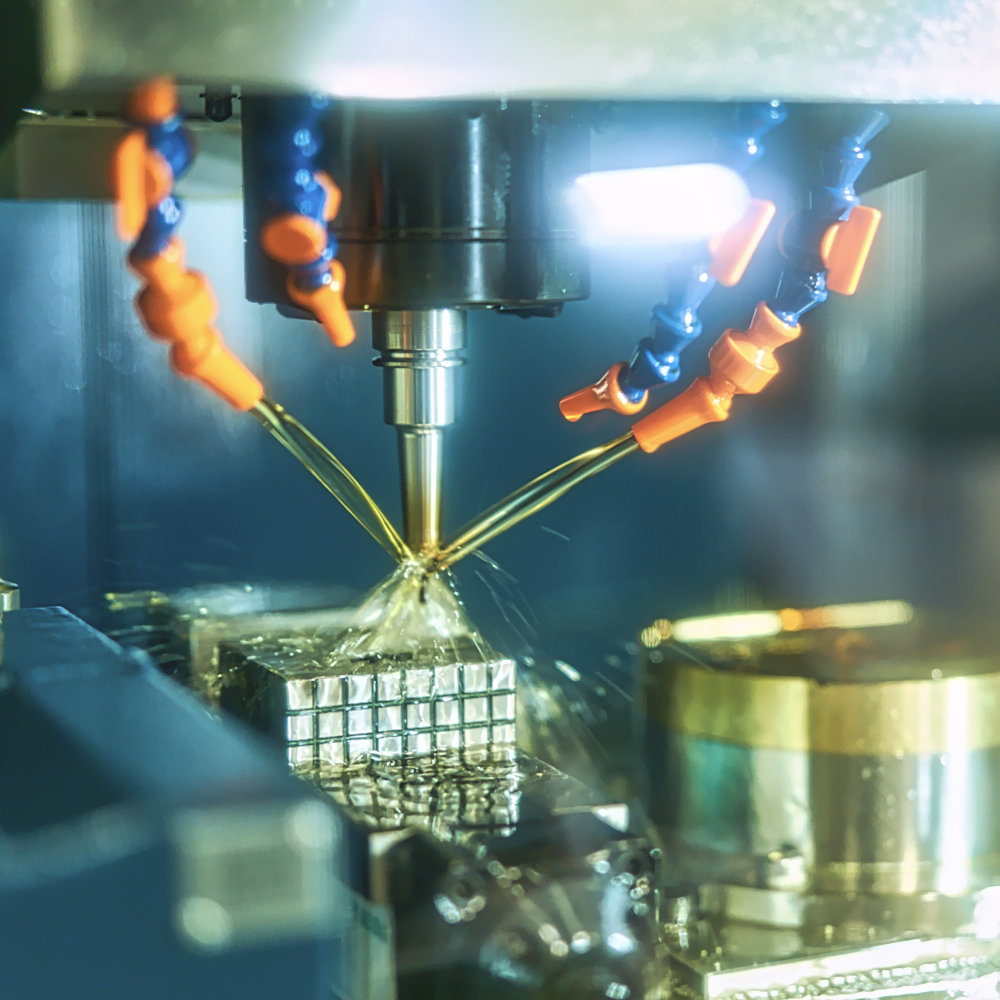 Surface Interaction Design Group The Surface Interaction Design Group conducts research and development of microstructured surface functions. We aim to develp surface functions that enable controls of optical peoperties, wetting and slipping peoperties. We conduct research based on our competence of surface micro-nano fabrication, polymer/inorganic materials, and molding/structural design. We closely collaborate with universities and industries aiming to produce inductrial innovation.
Surface Interaction Design Group The Surface Interaction Design Group conducts research and development of microstructured surface functions. We aim to develp surface functions that enable controls of optical peoperties, wetting and slipping peoperties. We conduct research based on our competence of surface micro-nano fabrication, polymer/inorganic materials, and molding/structural design. We closely collaborate with universities and industries aiming to produce inductrial innovation. -
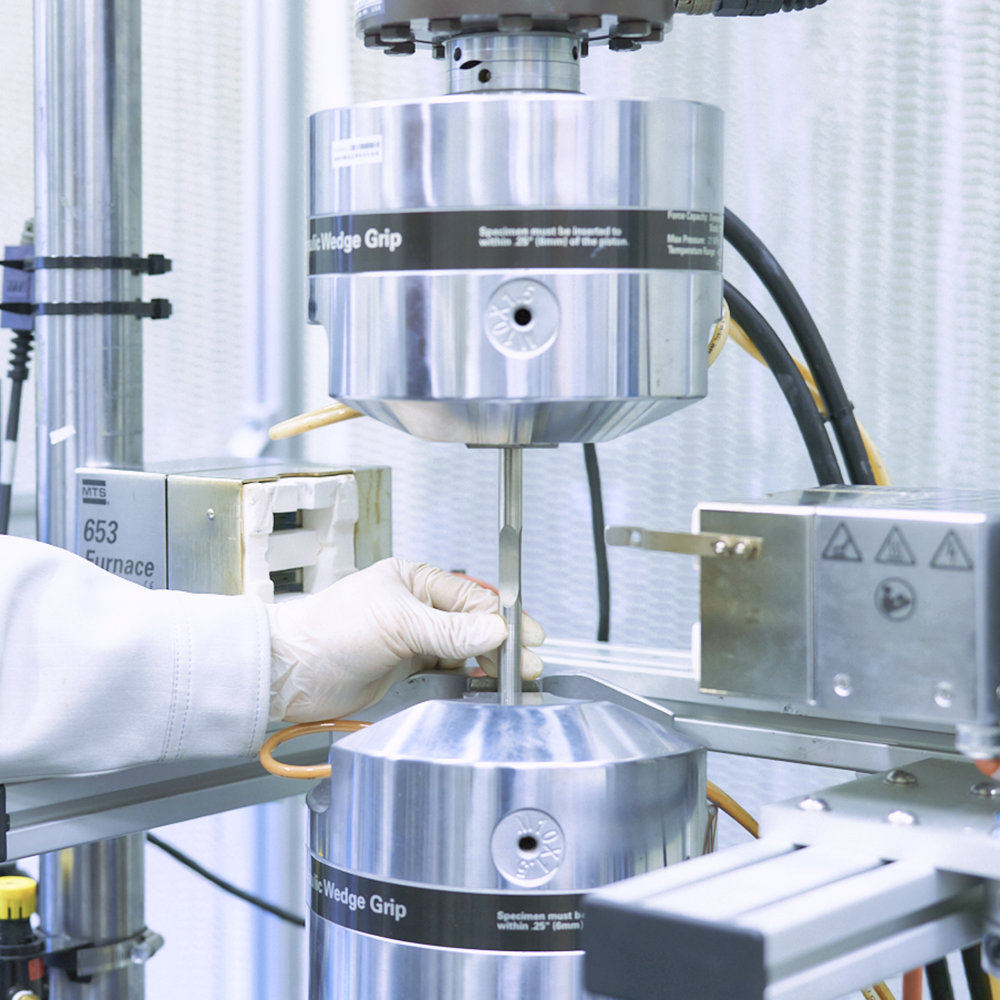 Structural and Processing Reliability Group The Structural and Processing Reliability Group focuses on research of reliability of structural materials and processing materials which are used in such as transportation equipment and industrial machineries. We research the mechanisms of deformation, destruction, and processing from experiments and theory. We work on the topics of: mechanical reliability of materials, structural diagnosis technology development and structural optimization, and reliability enhancement of advanced processes. Our goal is to contribute to strengthening industrial competitiveness.
Structural and Processing Reliability Group The Structural and Processing Reliability Group focuses on research of reliability of structural materials and processing materials which are used in such as transportation equipment and industrial machineries. We research the mechanisms of deformation, destruction, and processing from experiments and theory. We work on the topics of: mechanical reliability of materials, structural diagnosis technology development and structural optimization, and reliability enhancement of advanced processes. Our goal is to contribute to strengthening industrial competitiveness. -
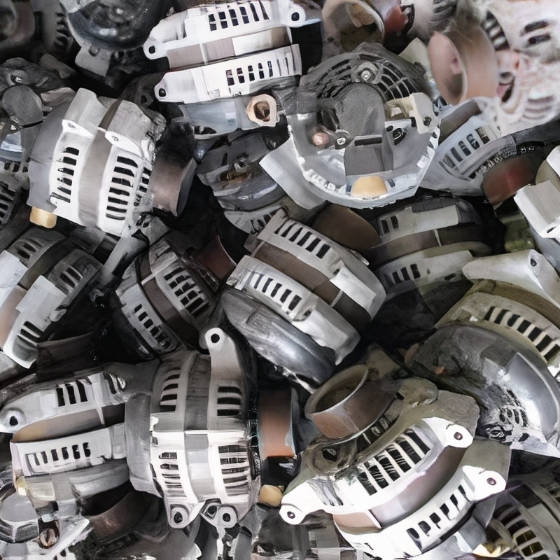 Remanufacturing Research Group The research group works on R&D to develop materials and devices that achieve high functionality and minimum consumptions of enery and materials. The topics include: (1) development of high functionality materials using novel coating technology (saving energy in manufacturing and advancing the functionalities); (2) deveice remanufacturing by repair and upgrades; and (3) life cycle assessment (LCA), reliability evaluation, design for remanufacturing (DfRem), and life cycle engineering (LCE).
Remanufacturing Research Group The research group works on R&D to develop materials and devices that achieve high functionality and minimum consumptions of enery and materials. The topics include: (1) development of high functionality materials using novel coating technology (saving energy in manufacturing and advancing the functionalities); (2) deveice remanufacturing by repair and upgrades; and (3) life cycle assessment (LCA), reliability evaluation, design for remanufacturing (DfRem), and life cycle engineering (LCE).
